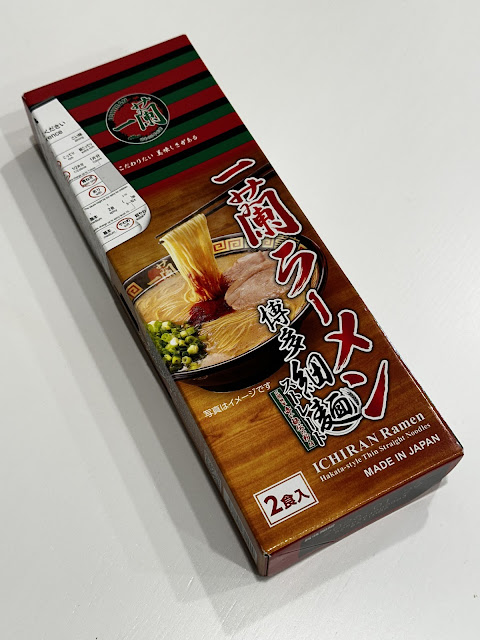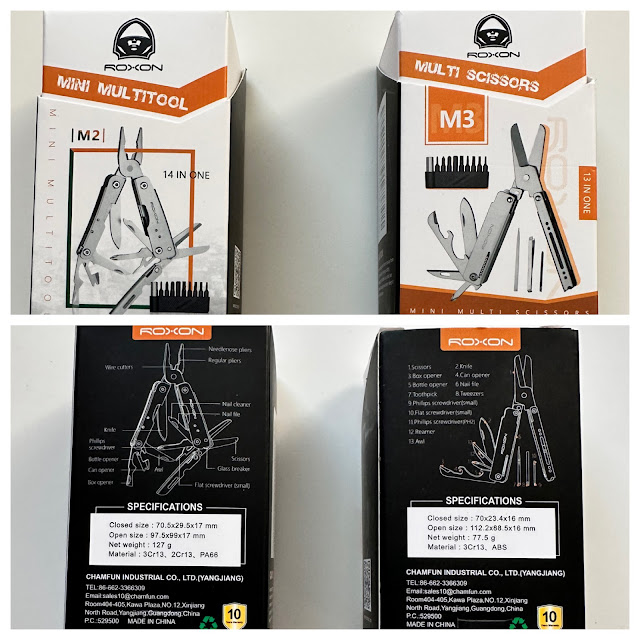The iPhone as an Example of the Supply Chain Shift
| Industrial Robot Avramc / Flickr |
In a nutshell, the article could be summarized as only Asia has the ability to prototype / manufacture at huge economies of scale. This is because:
- It is incredibly quick there.
- It is nimble and responsive to changing requirements.
- There is close proximity between component manufacturers.
- There is a large middle-skilled engineering workforce, and lots of cheap labour. The engineers are supposed to be impractical to find in North America.
In case you haven't seen this article yet, you can have a look at it here:
Now this brings up another point. With America and other industrialized nations losing manufacturing jobs (this is where it affects Japan too) there has been some talk about how the loss of skilled manufacturing jobs will eventually impact innovation as it is a virtuous cycle between the two. R&D and manufacturing are linked as the process of manufacturing generates product improvement and and innovators learn from the engineers making stuff. Now, Japan has definitely done better at keeping manufacturing jobs than in North America as the companies kept more production at home, but even they are changing. There is also a level of unemployment in Japan that is rarely talked about. Googling Japan, unemployment, contract workers, and homelessness will show you plenty of information on this.
Some articles linked to innovation and manufacturing are shown below:
- http://www.washingtonpost.com/opinions/heres-to-the-makers-of-fabulous-things/2011/11/01/gIQA1wFldM_story.html
- http://www.theatlantic.com/business/archive/2011/11/can-the-us-invent-the-next-ipad-if-we-cant-build-it/247811/
- http://www.nytimes.com/2011/02/13/business/13every.html
- http://www.economist.com/node/18621224
- http://www.thelightsinthetunnel.com/ (free pdf book here too)
Unfortunately, these articles also indicate there will be fewer jobs due to advanced information technology supplanting
many traditional white collar jobs too. In the old economy, if you lost your job, you could migrate to a job in another part of the economy. However, due to advances in AI and software engineering, it looks like the job you may have moved to may already be gone as the technological advances displace jobs in multiple economic sectors at the same time. For example, automated checkouts already replace cashiers (bank tellers too) across all businesses. Highly skilled clerical jobs are no longer needed as AI algorithms do sorting, searching, and minor analytic work automatically everywhere. Even IT administrative jobs are eliminated as automation reduces the number of administrators required for networks and server support. Career planning and the definition of good work is going to be a very lively topic.
Manufacturing advances in the construction industry are also going to eliminate trades jobs due to innovation when flat pack modular housing / building is adopted. Take a look at this. Tata in India sells a flat pack house (albeit a small one ) for $700, and more advanced homes are available as shown in this link http://georgeclarke.com/top-tips/flat-pack-homes/.
More importantly, this can be scaled up for large structures. For example, a 30 story building in 15 days using flat pack tech. http://abundanthope.net/pages/Environment_Science_69/Chinese-build-30-storey-building-in-just-15-days_printer.shtml
Anyhow, these advances are not necessarily bad things as doing things a "better way" is something that humans always strive for. I just hope we hit a new equilibrium without ruining the welfare of too many people in the process by managing the change better.











Comments
Post a Comment